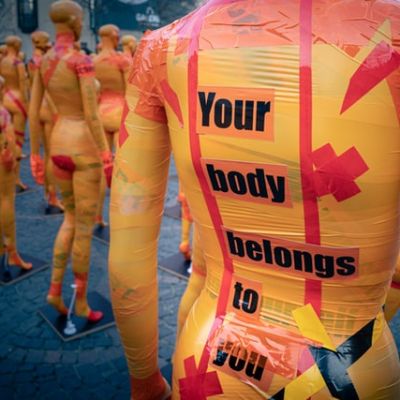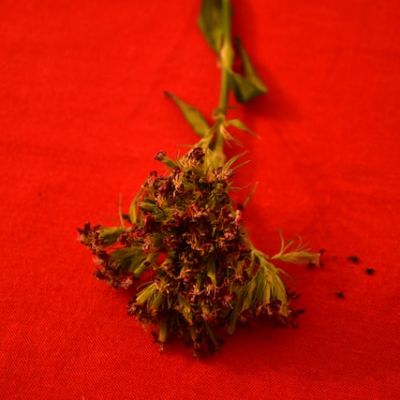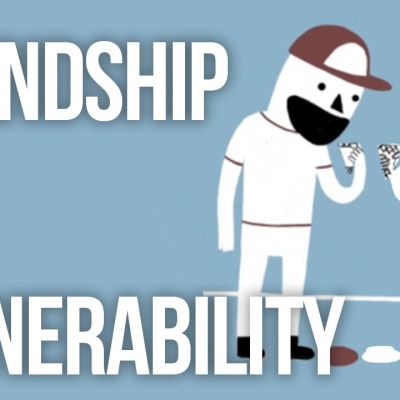Vulnerability and Sexuality
We must all care for ourselves and be discerning about when and where and with whom we show our cards…but those who can hold our emotional and sexual vulnerability are out there, and we can find them and be all of who we are.
The largest contingent of voiceless, lonely women with limited agency in the subcontinent must be its married women. If they’re fortunate enough to be born and reach adulthood, a woman’s parents and society make sure she becomes an adult brainwashed into self-alienation and self-loathing.
Those who are rendered vulnerable due to their gender or sexuality, particularly those who are economically and socially disadvantaged (or less powerful) and lack the agency to speak up for themselves, are more prone to allegations, social ostracism and marginalization.
None of these characters is perfect but in their imperfections we can learn more about body positivity, gender sensitivity, privilege, consent, unconscious and implicit bias, sexuality, masculinity, their intersections with class, religion, race, age, and more.
Unbiased academic Pillars Stand rock hard and Straight-shoot to the sky. Pillars My teacher tells me all…
“She rightly read the moment while I stumbled through a second-hand text.” – Jeanette Winterson But second-hand texts lay…
SPREAD. BUT NOT READ I feel like you walk over me, all over me, Your gait was long and…
अब मैं बार–बार पीछे मुड़कर देखने और अंजान आदमियों के भय से डरी रहने से भी थक चुकी हूँ। मेरे मन में हमेशा यह डर बना रहता है कि मेरी शारीरिक सीमायों का कोई उल्लंघन न कर दे और साथ ही मैं अब लोगों को अपने से दूर रखते रहने की कोशिश करते हुए भी थक चुकी हूँ।
From being comfortable doing nothing in someone’s company or cooking and laughing together, to confiding in them our hopes and fears, feeling safe letting someone seeing us at our best as well as through our not-so-good moments is like ‘coming home’ in the world.
We are often told to speak to ourselves as we would to a friend, gently and lovingly. At the heart of friendship is vulnerability – a radical acceptance of oneself and another for who we truly are, the glowing and beautiful, as well as the dark and crooked.










